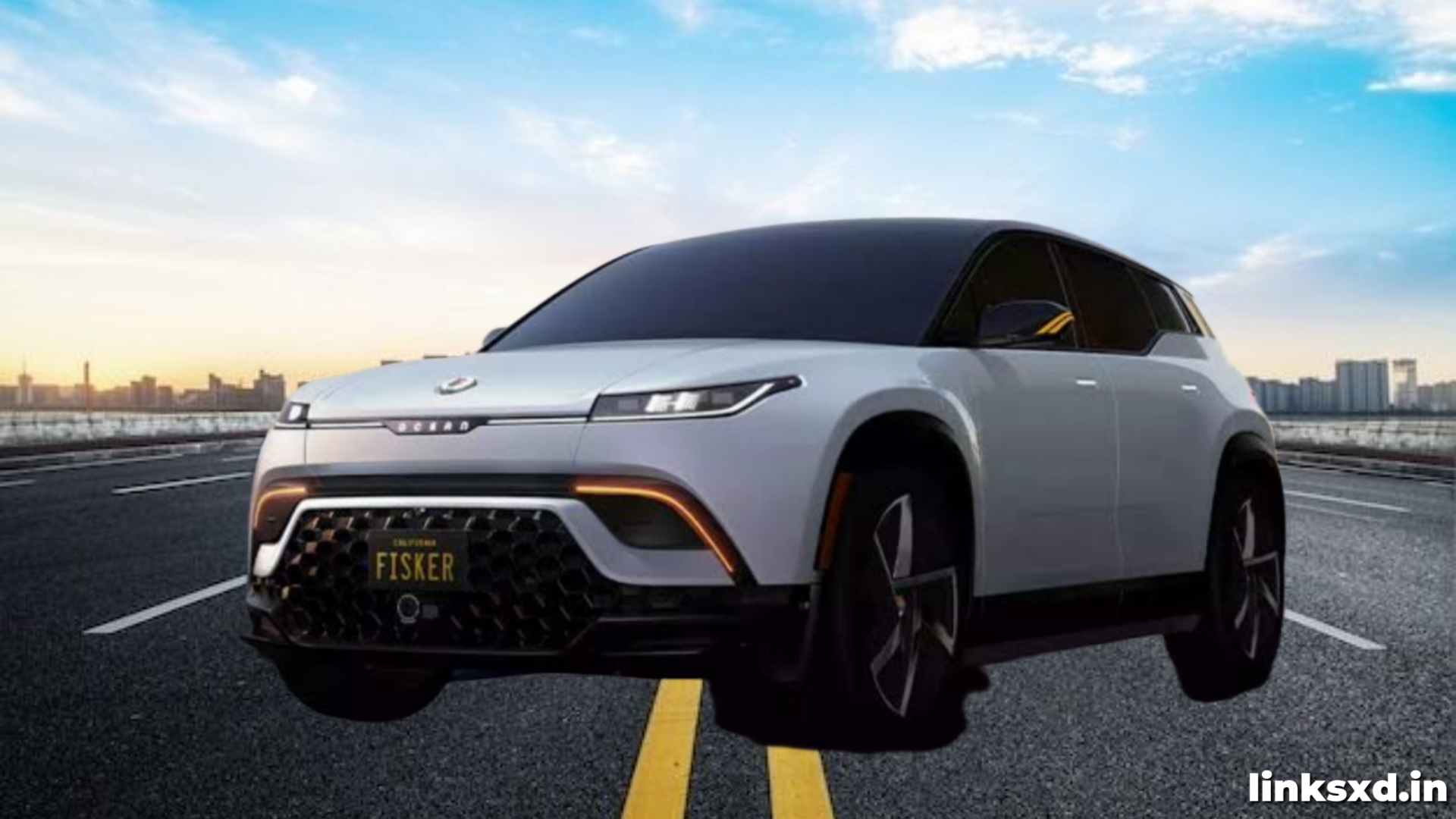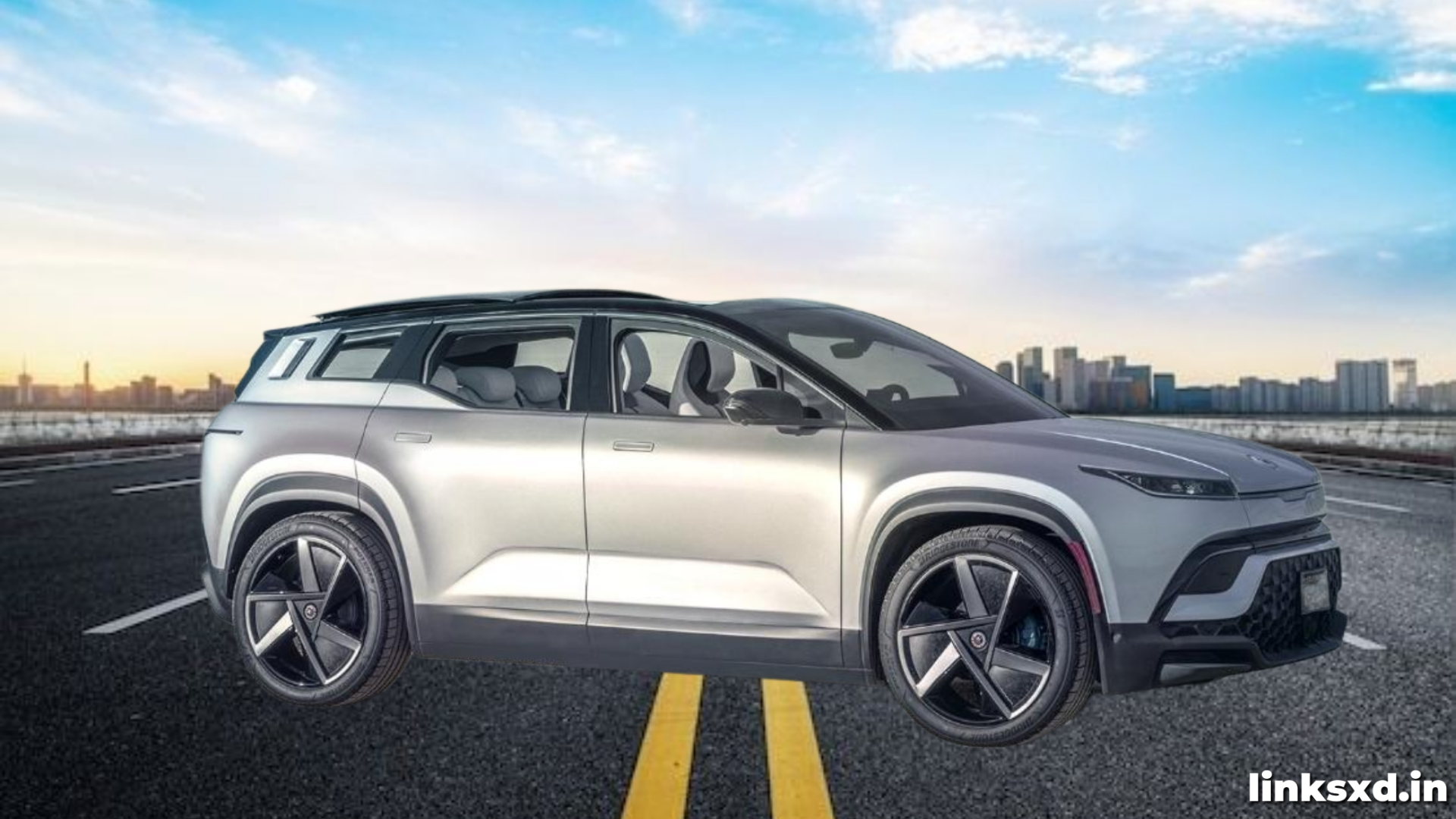American EV
Fisker Automotive is yet another EV startup to succumb to the hypercompetitive market, where depleting cash reserves, fundraising hurdles and ramping production difficulties all combined to push them out of business.
On Monday, Fisker Group Inc filed for Chapter 11 bankruptcy protection in Delaware. Their filing estimated assets between $500 million and $1 billion with liabilities between $100 million and $500 million.
American EV | Fisker’s Ocean SUV has been dogged by quality issues
The Ocean is an attractive and spacious electric vehicle with the potential to become an important presence on the market. Its minimalist design is appealing and its 17.1-inch touchscreen provides an appealing alternative to a traditional dashboard layout. Regenerative brakes deliver strong off-the-line acceleration while steel-sprung suspension ensures a comfortable ride – but unfortunately Fisker’s quality issues have unfortunately marred owners’ experiences of ownership.American EV
Cory LaMarca, a Fisker customer who experienced power loss issues and warning lights that wouldn’t go off was unable to convince the company to repair his SUV’s key fob; therefore, he ended up selling it at a loss of $15,000 after trying everything he could in order to keep his ride.American EV
Fisker Automotive has experienced several quality issues since first starting to ship the Ocean last year. The National Highway Traffic Safety Administration has opened four investigations into reported brake-related problems while others are investigating reports that doors fail to open or the vehicle shuts itself off unexpectedly.
Fisker Motors is now selling 2023 Oceans it manufactured at a loss, while offering discounts on more expensive 2024 models. However, no plans for reparations to existing customers who supported Fisker from day one have been announced by Fisker’s leadership if future funding can be secured; alternatively if any future investors provide support it must find ways to support these customers as soon as possible.American EV

American EV | The company’s financial situation has deteriorated
Fisker’s financial situation worsened as it struggled to meet production targets and deliver cars to customers. Fisker attempted to raise funds through selling its assets but talks with potential buyers have proven fruitless; additionally, Fisker is facing regulatory investigation from National Highway Traffic Safety Administration regarding issues on its Ocean SUVs.American EV
Adobe and Google are among its debtors and currently seeking Chapter 11 bankruptcy protection in order to sell assets and restructure debt. According to its most recent bankruptcy filing, estimated assets may range between $500 million and $1 billion with liabilities between $100 million and $500 million owed.American EV
Automotive designer Henrik Fisker raised doubts about his company’s viability back in February and had suspended investments until reaching an agreement with one of the major automakers, however discussions between himself and an unnamed car maker ended due to disagreement over funding; according to reports by Reuters this disagreement involved funding agreement between Nissan investing in Fisker manufacturing facilities located within North America and Fisker itself.
News of Charge Enterprises’ and Proterra’s bankruptcy protection comes amid slowing EV sales; growth was only 3.3% year-to-date compared to 47% last year. Consumers still must be convinced of the worthiness of an electric vehicle before purchasing one; other EV startups such as Charge Enterprises and Proterra have sought bankruptcy protection as a result of their struggles.
American EV | The company’s board of directors has been replaced
Henrik Fisker’s second attempt at an electric car startup proved unsuccessful and recently announced its inability to meet debt payments. To protect itself, the company filed for Chapter 11 bankruptcy protection and is in negotiations with financial stakeholders regarding selling assets.American EV
Fisker produced around 10,000 vehicles last year; only 5,000 were delivered directly to customers. Furthermore, numerous regulatory investigations were initiated against it including one initiated last month by U.S. auto safety watchdogs.American EV
In February, the company raised doubts about its future and suspended investment into new projects until they can secure an automaker partnership. Limited access to capital in an economy with high interest rates combined with marketing and distribution expenses have left its cash reserves depleted.
On April 3, 2024, the Board appointed John S. Dubel as a Class II director whose term will expire at the annual stockholders meeting of 2025. Dubel will serve on the Audit Committee of the Board and was selected without any preexisting arrangements or understandings with existing directors; instead he was paid a monthly fee of $35,000 plus reimbursement of out-of-pocket expenses; this represented a major departure from previous compensation plans that only provided incentive bonuses when milestones were met.

American EV | Fisker’s bankruptcy filing is the latest sign of trouble in the electric vehicle market
Fisker Automotive’s bankruptcy filing is another sign of difficulty within an emerging industry. Fisker has struggled to meet production deadlines and pay loan payments that have fallen behind, while competition from both established automakers as well as start-ups has grown over time. Sales of electric vehicles have steadily increased but this sector still has not achieved mass adoption.
Fisker announced last month that it could run out of cash within one year and missed several regulatory reporting deadlines, raising questions as to whether filing will impact deliveries of its Ocean SUV model.
Henrik Fisker was founded by Henrik Fisker, former design director at Aston Martin and BMW. His first attempt at building an electric vehicle company called Fisker Automotive failed after receiving over $300 Million in federal loans – though its remnants were eventually acquired by a Chinese manufacturing group.
Fisker’s failure comes as many investors become wary of investing in electric cars, fearing that shifting away from fossil fuels may be delayed and put at risk, impacting industry expansion. Other green energy companies have struggled to raise capital. Congress critics have previously lambasted the DOE for funding projects which don’t deliver as promised, such as Fisker; its recent struggles will only increase this concern.


